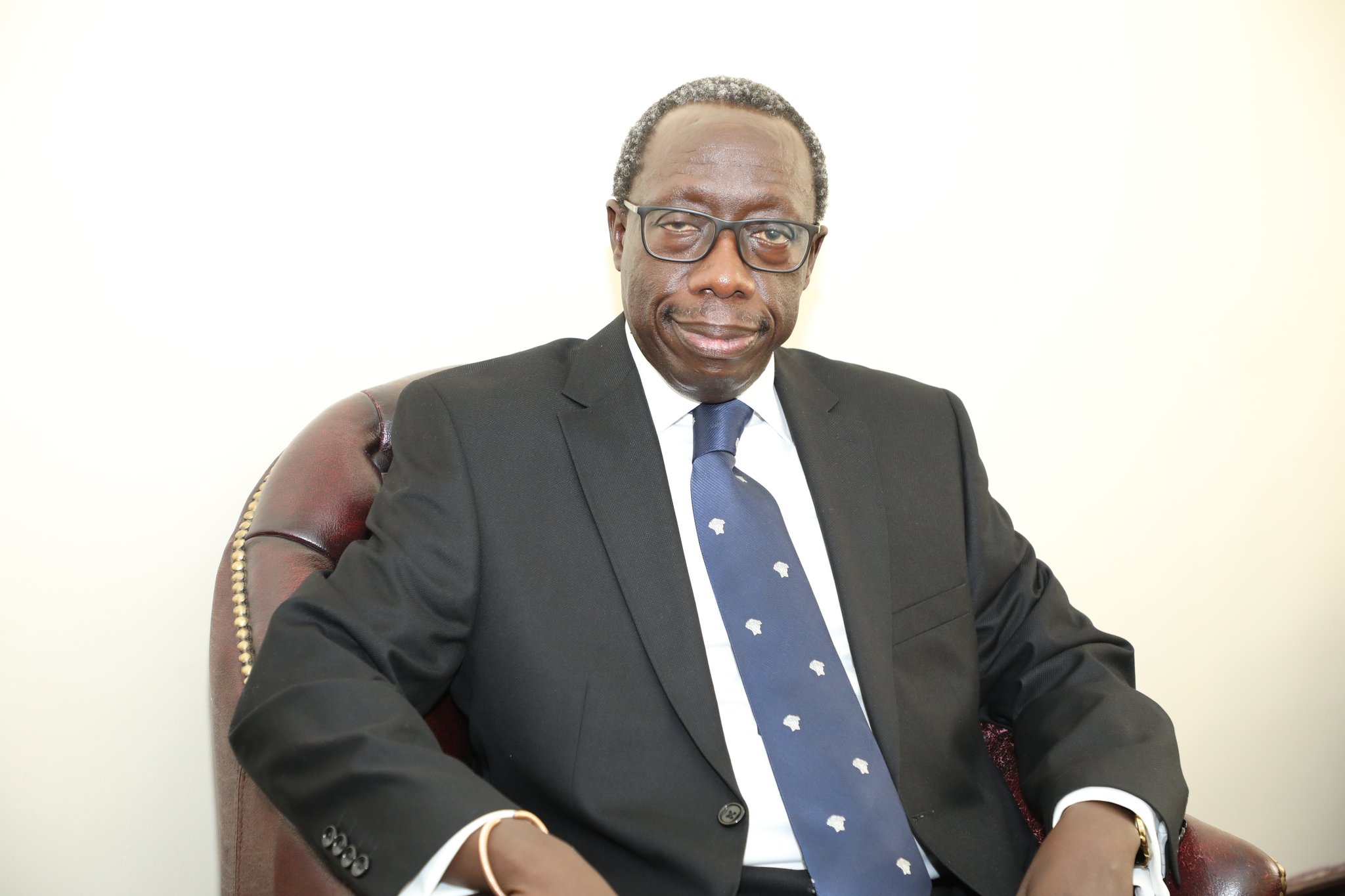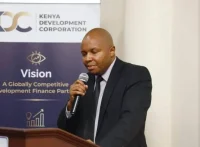After another round of televised interviews, the Judicial Service Commission (JSC) on Wednesday, May 5 nominated Justice William Ouko to join the Supreme Court bench.
Ouko, the 60-year old President of the Court of Appeal, will replace Justice Jackton Ojwang’ who retired after attaining the age of 70. He was among shortlisted candidates for the position of Chief Justice after David Maraga’s retirement. Justice Martha Koome was eventually nominated by the JSC.
Ouko’s record in his 33 years in the legal profession has variously been described as impressive. In the Judiciary, he rose from a district magistrate, to a Registrar of the High Court (a position now known as Chief Registrar of Judiciary), to President of the Court of Appeal.
His resume also includes The Ouko Report, widely considered as the blueprint that informed changes to strengthen the Judiciary that were incorporated in the 2010 Constitution. They included expanding representation in the JSC, introducing performance management and securing a minimum 2.5% annual budgetary allocation for the institution. The Judiciary Transformation Framework launched by former Chief Justice Willy Mutunga is among documents which acknowledge the pioneering work of Ouko in the journey of reforming the Judiciary.
Despite being the author of various reports, however, Ouko isn’t a big fan of them. He stated in his interview his belief that the Judiciary had published and launched enough reports on how the institution can be made better, reiterating that it was time to focus on the implementation of the proposals.
READ ALSO>>>>>Martha Koome Picked To Be Next CJ. Here Is How She Won Judiciary’s Top Job
“We have reached a time when there are too many reports. What we need now is an implementation of these reports. I do not think, from where I sit, that we have been focused in implementation.
“We have been focused on generating more and more work, replicating what has been done before,” he stated.
He has been praised for his efficiency – with evidence of this including being able to clear a backlog in the Appeals courts with only 15 Judges, after President Uhuru Kenyatta refused to appoint the names of 41 judges forwarded to him, a matter that continues to plays out in the corridors of justice.
His career has included some big moments, among them landmark rulings and administering the oath of office to former President Mwai Kibaki at Uhuru Park in 2002, after the National Rainbow Coalition (NARC) rode to power defeating independence party KANU’s then rookie politician Uhuru Kenyatta. Kibaki took over from former President Daniel Arap Moi who had been in office for 24 years, and had to take the oath in a wheelchair after his car accident as the packed grounds erupted in celebrations.
![Justice William Ouko at a past event. Explaining their decision to nominate him, the JSC noted that he was a stickler for judicial independence. [Photo/ Judiciary]](https://businesstoday.co.ke/wp-content/uploads/2021/05/william-ouko.jpg)
“I then took up golf but I was forced to abandon it after making a succession of embarrassing swings,” he revealed.
He is also a big fan of music, and while some might have their doubts on whether he listens to Gengetone, he stated that the enjoyed “All kinds of music” .
Ouko is a stickler for judicial independence, an attribute the JSC cited while explaining their decision to nominate him. He acknowledged corruption as one of the challenges facing the Judiciary, calling for greater focus on strengthening the Ombudsman’s office and lifestyle checks.
“Corruption is like night running. No night runner runs during the day. And it takes two to tango. The Ombudsman office is there, it is the office we must take seriously. Wealth declaration forms… nobody checks if the car you said you own in 2009 is the same one you use,” he maintains.
He was born on November 21, 1962, in Siaya county.
Justice Ouko is the holder of a Masters of Arts degree in Criminology and Criminal Justice from Egerton University. He secured his first degree, Bachelors of Law, at the University of Nairobi and a Diploma in Legal Practice from Kenya School of Law (KSL).
He enters the Judiciary at a time when the institution seems to be fighting for its very soul – simultaneously clashing with an unrelenting executive, facing accusations of corruption and trying to offer improved judicial services while under-resourced.
READ>>>>>Tough Questions Kenyans Want Answered on Uhuru’s New Work Permit Policy


![President Uhuru Kenyatta and her Tanzanian counterpart Samia Suluhu in talks during Tanzania's maiden state visit to Kenya. The leaders resolved to improve bilateral relations and trade flows between the two countries. [Photo/State House Kenya]](https://businesstoday.co.ke/wp-content/uploads/2021/05/suluhu-150x150.jpg)










Leave a comment